Easy Habits to Manage Your Money Better
Managing money doesn’t have to feel like rocket science or something only “finance people” can do. In fact, the truth is this: small daily habits make a bigger difference than complicated financial strategies.
Think about it. Just like brushing your teeth keeps cavities away, a few easy money habits can keep financial stress at bay and help you build wealth over time.
So, if you’ve ever felt overwhelmed by budgeting, bills, or saving, you’re in the right place. Let’s break down easy, practical habits to manage your money better—without stress, guilt, or complicated spreadsheets.
Why Money Habits Matter
Habits shape our financial future. You don’t become wealthy overnight; you build it through repeated, intentional actions. Even small wins—like saving $5 daily or avoiding impulse shopping—add up to huge results over time.
💡 Fun fact: According to a CNBC report, people who consistently save—even small amounts—are significantly more likely to feel financially secure than those who save irregularly.
Easy Habits to Manage Your Money Better
1. Track Where Your Money Goes
Ever wonder why your paycheck seems to “disappear”? That’s because most people don’t track their spending.
👉 Easy fix: Use free apps like Mint, YNAB (You Need a Budget), or even a simple Google Sheet to see exactly where your money is going.
When you know your numbers, you can make better choices. If you’re looking to invest in your future and save on bills, green loans are worth exploring.”
2. Create a Simple Spending Plan
Forget complicated budgets. A simple plan works best:
- 50% of income → Needs (rent, bills, groceries).
- 30% → Wants (dining out, entertainment, shopping).
- 20% → Savings (emergency fund, retirement, investments).
This “50/30/20 rule” keeps things balanced without making you feel deprived.
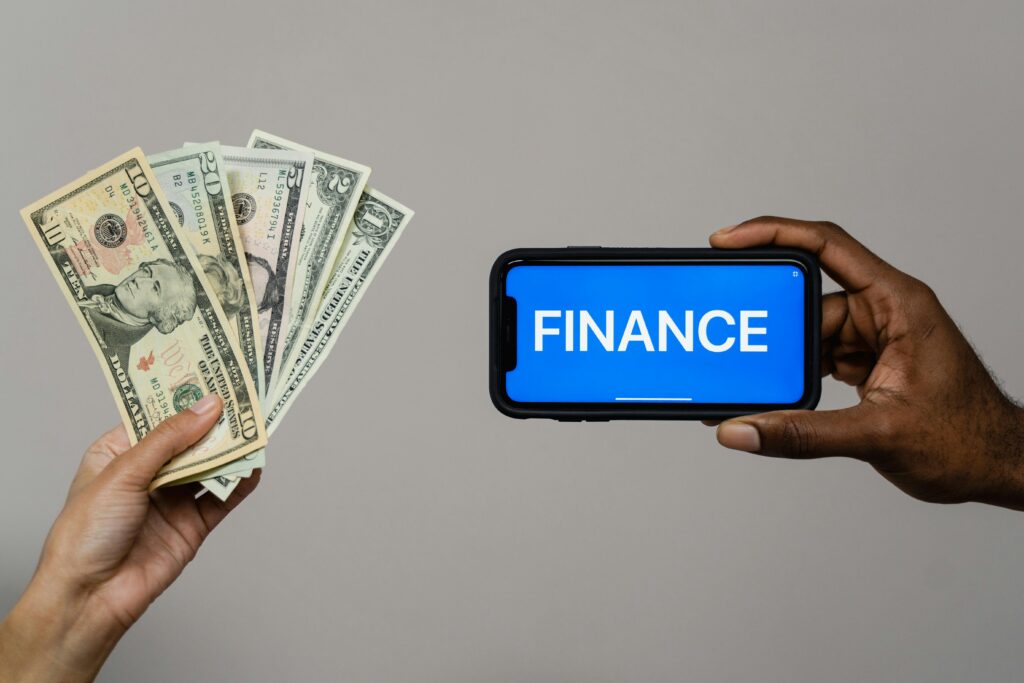
3. Automate Your Savings
Here’s a money hack wealthy people swear by: pay yourself first.
Set up automatic transfers to savings or investment accounts right after payday. Even $50 a week adds up to $2,600 a year—without lifting a finger.
4. Build (and Protect) an Emergency Fund
Life happens—car repairs, medical bills, or unexpected job changes. Having at least 3–6 months of expenses saved gives you peace of mind.
👉 Start small: even $500 can prevent you from relying on credit cards in emergencies.
For more details, check out our article on Emergency Funds: Why You Need One and How to Build It Fast (internal link).
5. Spend with Intention
Impulse shopping is one of the biggest money leaks. Before buying, ask yourself:
- Do I need this or just want it?
- Will I still value it in 30 days?
- Is it worth the hours of work it cost me?
That quick pause can save you from regret—and debt.
6. Use Cash (Sometimes)
Paying with cash makes spending feel more real compared to swiping a card. Studies show people spend less when using cash.
Try a “cash envelope system” for categories like groceries, dining out, or entertainment.
7. Avoid Lifestyle Creep
Got a raise? Congrats! But here’s the trap—most people increase their spending as their income rises.
Instead, pretend you didn’t get the raise. Put the extra money toward savings or paying off debt. Your future self will thank you.
8. Practice the 24-Hour Rule
Want to buy something non-essential? Wait 24 hours before pulling the trigger. Most of the time, the desire fades, and you save money.
9. Pay Off Debt Strategically
Debt can feel like a heavy backpack. Lighten the load by:
- Paying off high-interest credit cards first (debt avalanche).
- Or tackling small debts first to build momentum (debt snowball).
Either way, every payment brings you closer to freedom.
👉 Helpful resource: NerdWallet – Debt Repayment Methods.
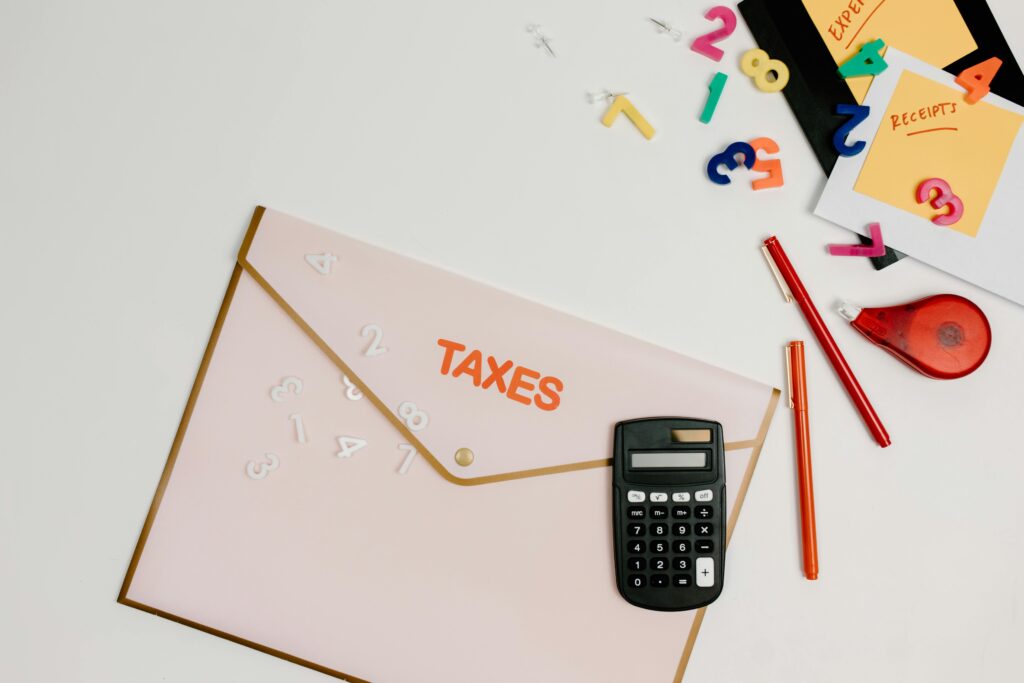
10. Review Subscriptions Regularly
Streaming, apps, gym memberships—subscriptions add up fast. Audit them every few months. Cancel anything you’re not really using.
💡 Tip: Use tools like Truebill or Rocket Money to find and cancel hidden subscriptions.
11. Educate Yourself About Money
Knowledge is power. Read personal finance blogs, listen to podcasts, or take free courses. A little learning can prevent costly mistakes.
Start with free resources like Investopedia’s Personal Finance section.
12. Celebrate Progress
Managing money doesn’t mean being strict 24/7. Celebrate milestones—like hitting a savings goal or paying off a credit card. Positive reinforcement keeps you motivated.
Common Money Mistakes to Avoid
- Ignoring bank fees (they add up).
- Not checking credit reports.
- Spending more than you earn.
- Thinking “I’ll start saving later.”
Final Thoughts
Managing money better isn’t about being perfect. It’s about forming small, easy habits that make a big impact over time.
Track your spending, automate savings, avoid debt traps, and make mindful choices. Before you know it, you’ll feel less financial stress and more financial freedom.
The best part? These habits don’t require fancy tools or financial degrees—just consistency.
So, start today with one simple habit. Your future self (and your bank account) will thank you!
FAQs
Q1. How much should I save monthly?
Aim for at least 20% of your income if possible. If that’s too much, start small—consistency matters more than the amount.
Q2. Is debt always bad?
Not necessarily. Mortgages or student loans can be “good debt” if managed well. High-interest credit card debt, however, should be avoided.
Q3. Can I manage money without a budget?
Yes—by focusing on habits like automation, mindful spending, and regular reviews, you can manage money effectively without a strict budget.
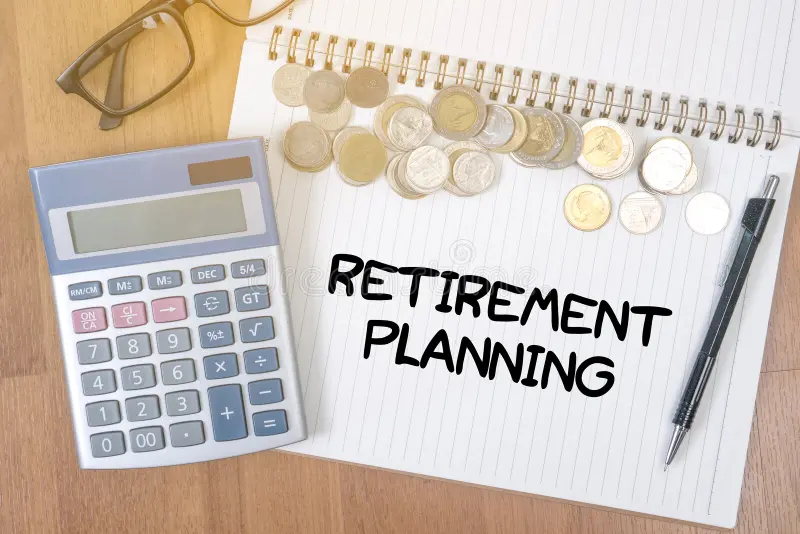






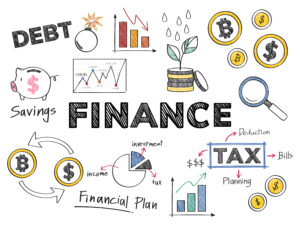



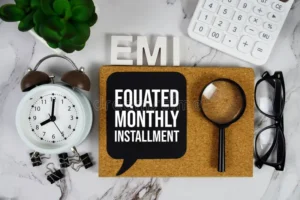
1 comment